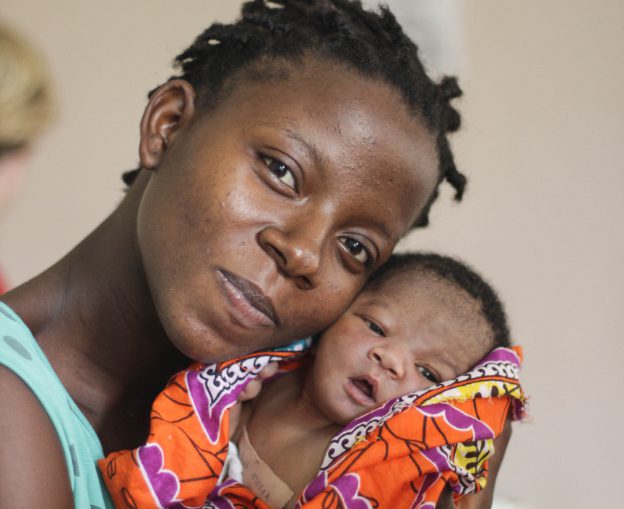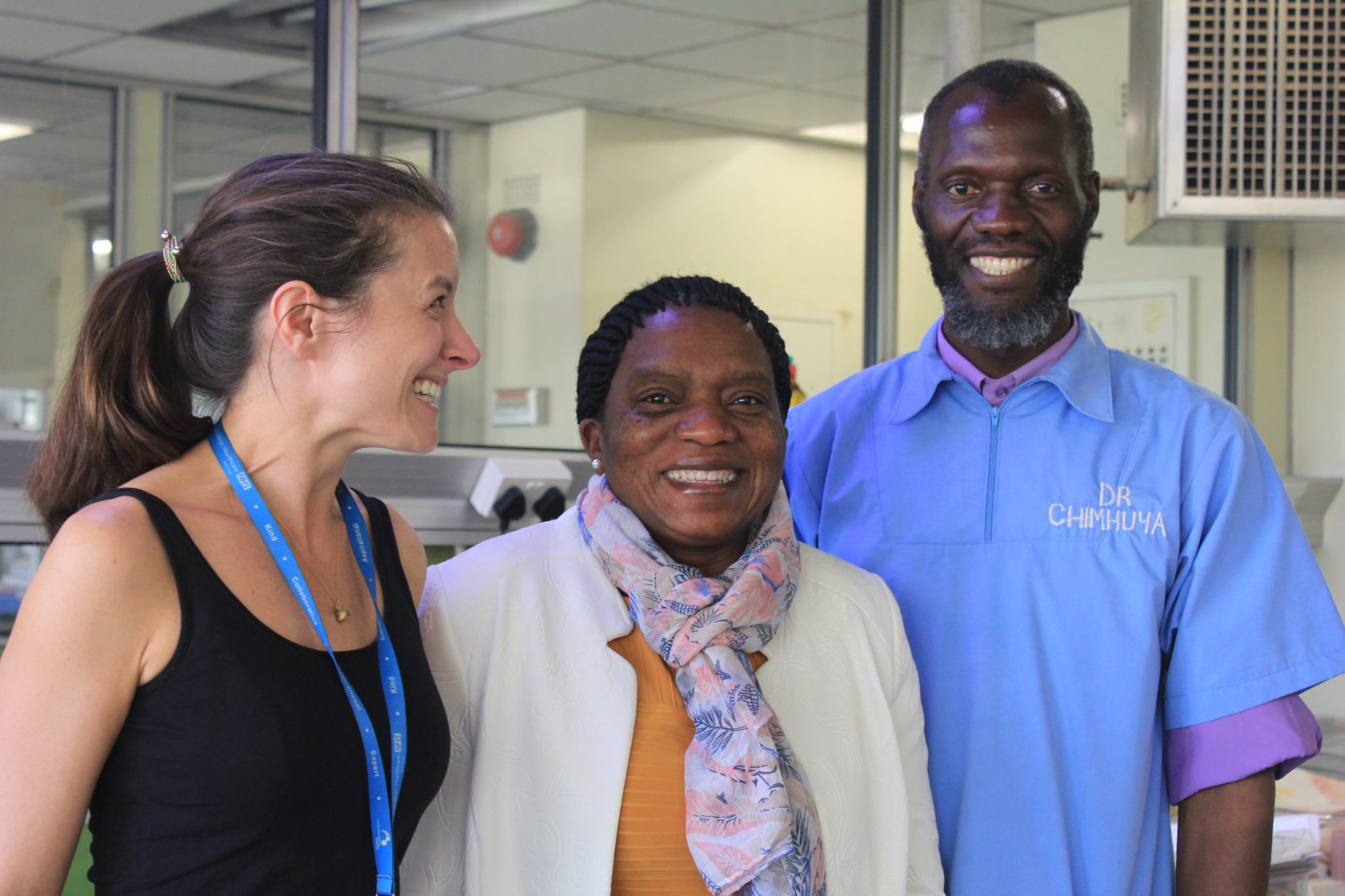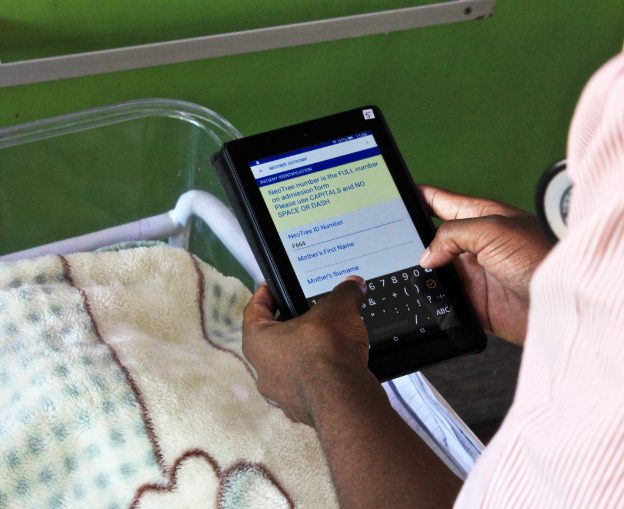
We put the life-saving power of technology into the hands of doctors and nurses in resource-scarce countries. Our mission: to end preventable newborn deaths and improve care.
The problem
Every day more than 6,500 babies die in their first month of life. Two thirds of these deaths could be prevented by improving the quality of care, and ensuring healthcare professionals know how, and when, to deliver simple, proven interventions.
The quality of care in many low resource facilities is inconsistent. There is often a shortage of newborn trained healthcare workers and limited means of collecting data. The Neotree system was developed as a solution to these problems.

The solution
Neotree addresses these problems through its specially designed system, which uses cutting edge digital technology and is underpinned by extensive medical research. The Neotree system has been embedded into daily clinical care in neonatal wards in low resource settings. Doctors and nurses use Neotree’s application (app) on tablets to:
Prompt clinical actions. The app notifies them to check what needs to be checked and to test what needs to be tested. It also links with laboratories to enable a swift feedback of lab results.
Guide diagnostic decisions and clinical management. It helps them to identify if a baby is at risk of a particular condition, and what should be done about it.
Provide education and training at the bedside and in the classroom.
Collect data and produce reporting and dashboards. Clinicians, hospitals and public health bodies can then use this reliable data to drive decision-making and identify opportunities to improve newborn care.
The evidence
Evidence is at the centre of everything Neotree does. There is over seven years research behind the Neotree system. Throughout, we have consistently monitored the impact of the Neotree technology and its effect on newborn survival rates. Neotree works in partnership with a team of researchers across University College London (UK), the University of Zimbabwe, Biomedical Research and Training Institute (BRTI), Zimbabwe, Global Health Informatics Institute (GHII), Malawi and the Malawian College of Medicine.


Neotree’s journey
To date, the Neotree system has been used in the care of over 57,000 babies, by more than 3,300 healthcare professionals, in 18 healthcare facilities across Malawi and Zimbabwe. Doctors who use the Neotree app have called it “lifesaving”.
The technology has already led to the reduced prescription of antibiotics, reduced rates of hypothermia, and increased the overall standard of care. It has proven resilient through industrial strikes and a global pandemic. Our vision is for the technology to be used at the bedside in all low resource settings, so that every newborn is counted and cared for. This will help to achieve Sustainable Development Goal 3, and save the lives of more than half a million babies each year.
Highlights
Watch
A short video about Neotree
Listen
Read
Neotree Trustee, Dr Felicity Fitzgerald's blog, about how Neotree is “switching on the light” in Sally Mugabe Hospital in Harare
Watch
A video about Neotree’s partnership with the UCL Grand Challenges of Global Health, which talks about Neotree’s journey and early development
Listen
To the Healthcare Infection Society's podcast featuring Neotree's Dr Gwen Chimhini and Dr Felicity Fitzgerald discussing its impact in Sally Mugabe Central Hospital in Zimbabwe
Read
A paper from the Neotree team on how this open-source healthcare system has evolved over the past 8 years, its key features, use cases and our future directions
Watch
Listen
Read
A paper using Neotree data during the COVID-19 pandemic to describe the impact on neonatal care in hospitals in Malawi and Zimbabwe
Watch
Read
About Neotree’s co-founder, Professor Michelle Heys, winning a Global Health Professorship from the UK’s National Institute for Health and Care Research (NIHR) for her work on Neotree


